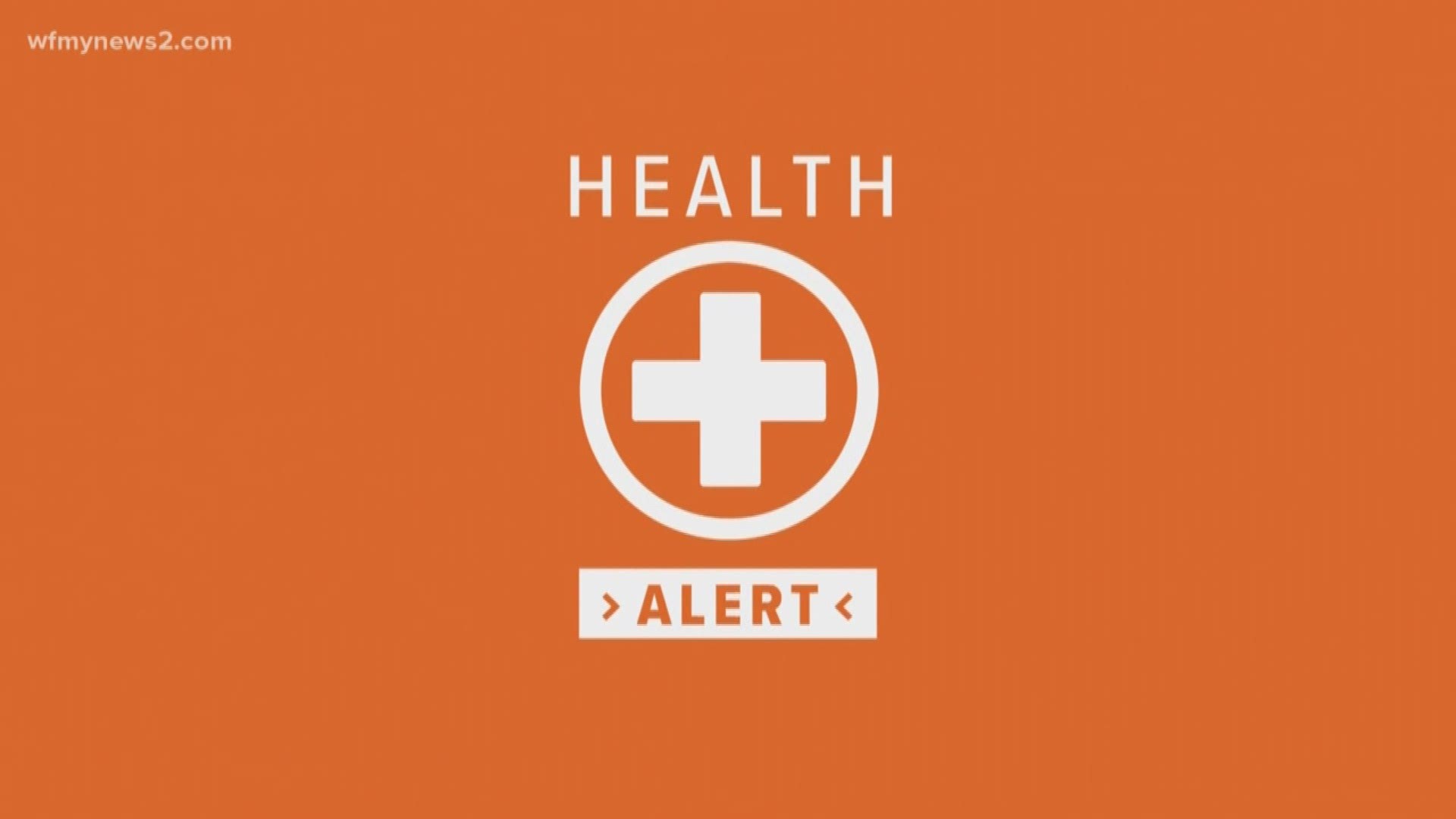Sending your child off to college can be scary. Even scarier is hearing your child had to be hospitalized. One of the worst feelings is calling up that hospital and being told that, legally, they can't tell you a thing.
Here are the factors at play: Most college students are at least 18. That makes them legal adults. Under the health insurance portability and accountability act, all adults are guaranteed privacy when it comes to their medical history. A medical provider can grant access to those records in some cases. But they'll usually side with patient privacy.
So what do you do if there's a medical emergency? Three documents can help parents in these situations. A signed HIPAA authorization allows healthcare providers to give health information to anyone you specify. Students can even choose not to disclose certain things like sex drugs or mental health.
A medical power of attorney allows someone to make medical decisions when the signer can't. A durable power of attorney also gives a designated person the ability to do business on behalf of the signer. They'll be able to pay bills, sign tax returns, and even access bank accounts. It's an ideal choice if your student becomes incapacitated while studying abroad.

